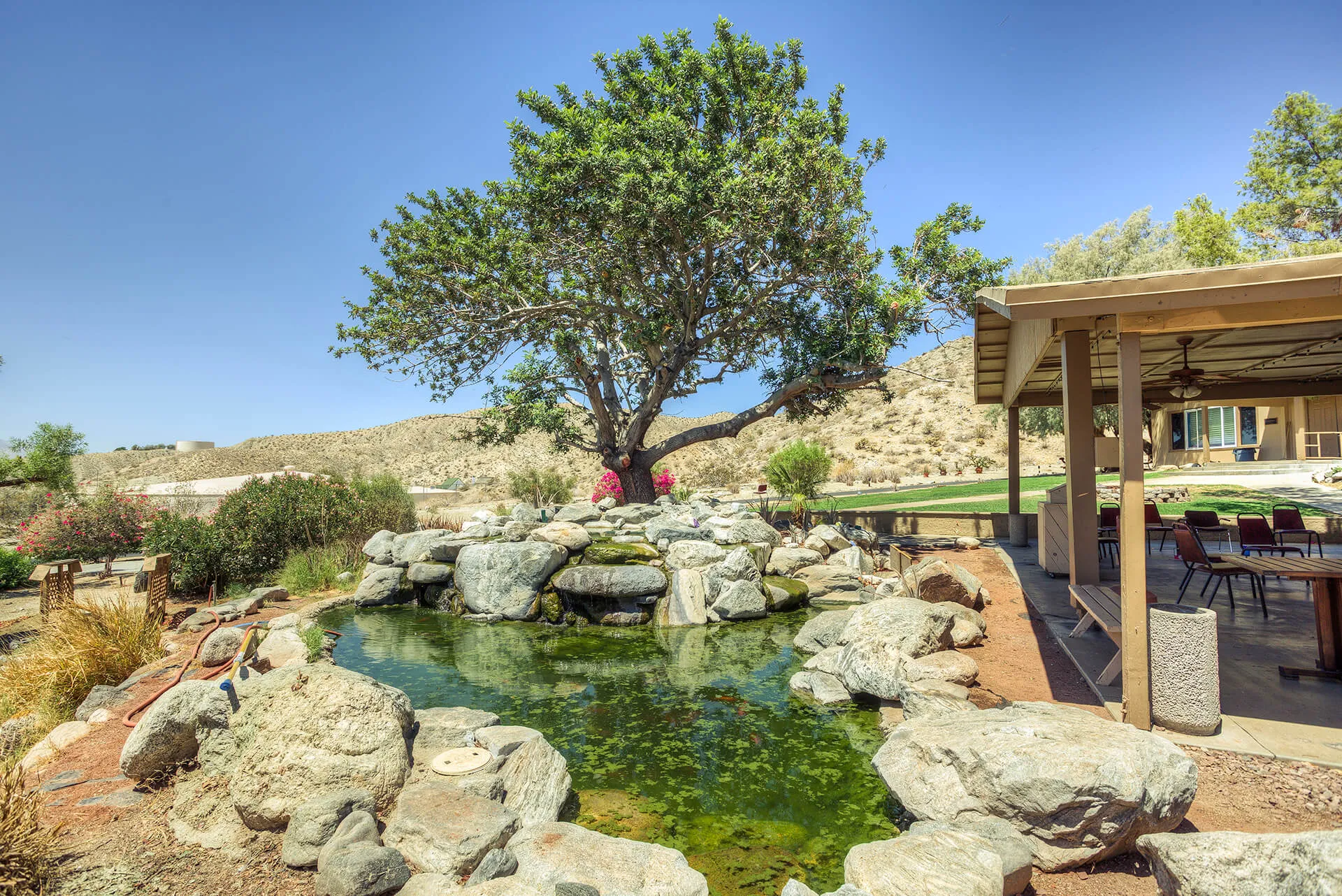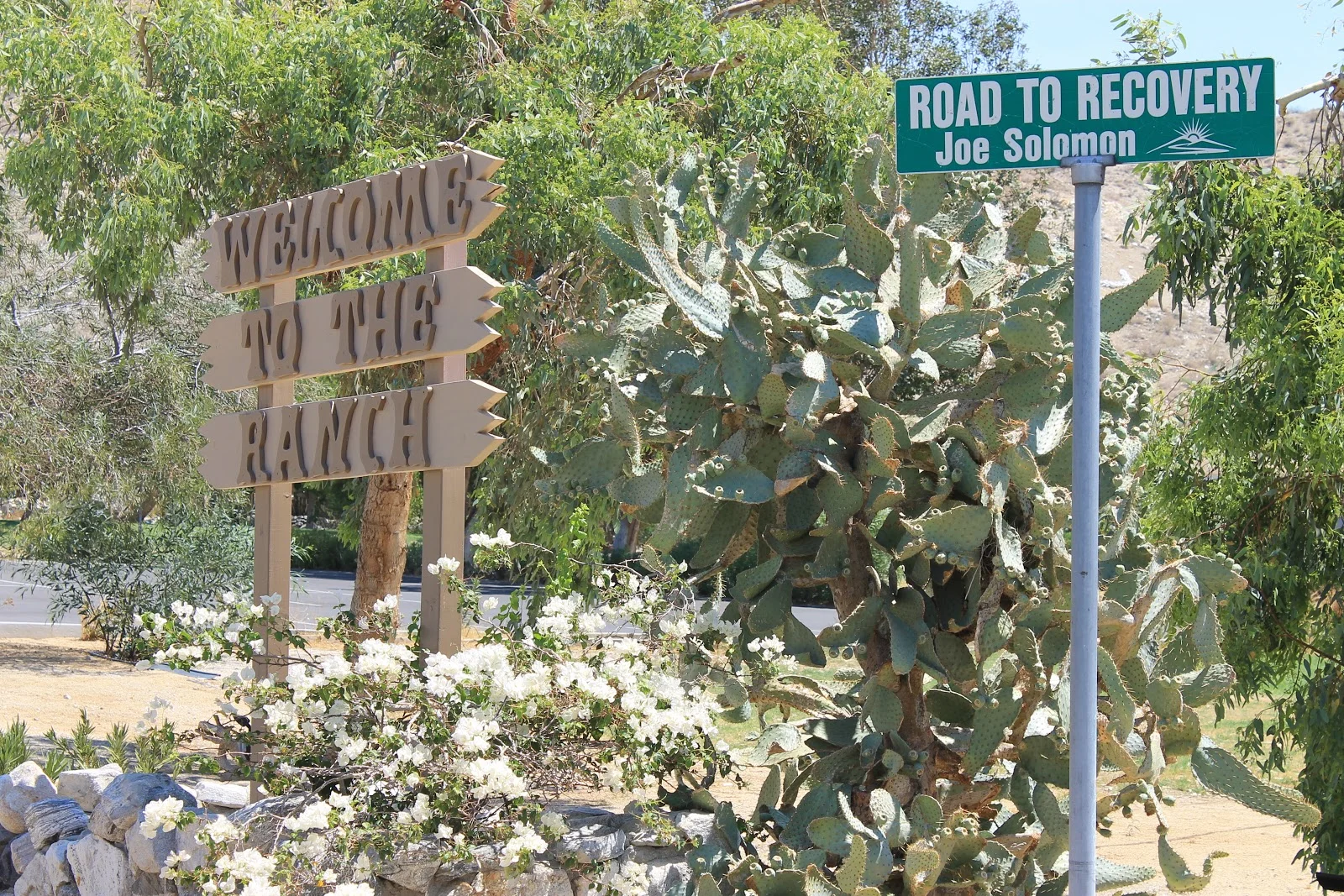Ranch Recovery Centers - Hacienda Valdez Information
Treatment
Who We Treat
- Male and Female
Treatment Focus
- Alcohol
- Drug Addiction
Approaches
- 12-Step-Based
- Individual Treatment
- Evidence-Based
- Gender-Specific
- Twelve Step
- Family Therapy
- Group Therapy
- Cognitive Behavioral Therapy (CBT)
- 1-on-1 Counseling
- Life Skills Training
- Relapse Prevention Counseling
Conditions We Treat
- Depression
- Anxiety
- Post Traumatic Stress Disorder (PTSD)
- Trauma
- Codependency
- Anger
- Stress
- Co-Occurring Disorders
Substances We Treat
- Alcohol
- Benzodiazepines
- Chronic Relapse
- Heroin
- Cocaine
- MDMA/Ecstasy
- Ecstasy
- Marijuana/Cannabis
Languages
- English
Aftercare
- Intensive Outpatient Program
Level of Care
- Outpatient
- Intensive Outpatient Program (IOP)
- Day Treatment
- Residential Rehab
- Co-Occurring Mental Health
Experience
On-Site Amenities
- Pool
- Access to Nature
- Fitness Center
- Gardens
- Outdoor Lounge
- Walking Trails
Personal Amenities
- Air-Conditioned Rooms
- Shared Rooms
On-Site Activities
- AA/NA Meetings
- Physical Fitness
- Swimming
Accreditations
-
Commission on Accreditation of Rehabilitation Facilities (CARF)
Established in 1966, the non-profit organization known as the Commission on Accreditation of Rehabilitation Facilities (CARF) has a dedicated focus on accrediting rehabilitation organizations. CARF's primary mission is to assist service providers, particularly rehabilitation facilities, in upholding and promoting the highest standards of care.

Additional Locations
Ranch Recovery Centers - Hacienda Valdez Accepts The Following Insurance Plans
Find the best treatment options. Call our free and confidential helpline today!








